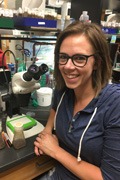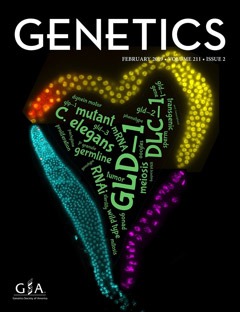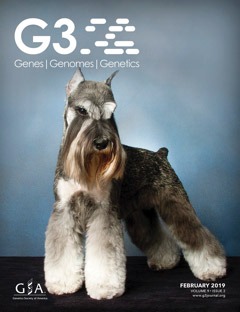Finding Selection in All the Right Places: A College Genetics Laboratory Inquiry-Based Learning Exercise
Author(s):
Juliet K. F. Noor and Mohamed A. F. Noor
Overview:
This inquiry-based laboratory introduces students to evolutionary genetics using bioinformatics and biocuration. The exercise focuses on manual curation and analysis of genome sequences from closely related species. Students assess computationally-generated alignments and annotations of multiple genes from population genomic data sets; repair alignment errors; apply population genetic tests for natural selection; and finally, interpret the results and hypothesize about the nature of selective forces in the context of function information available for the genes.
Genetics Concept(s) Addressed:
Nature of genetic material: What are the molecular components and mechanisms necessary to preserve and duplicate an organism’s genome?
Genetic variation: How do different types of mutations affect genes and the corresponding mRNAs and proteins?
Evolution and Population Genetics: What are the processes that can affect the frequency of genotypes and phenotypes in a population over time?
Core Competencies Addressed:
Students should be able to implement observational strategies to devise a question.
Students should be able to generate testable hypotheses.
Students should be able to design an experiment using appropriate controls and appropriate sample sizes.
Students should be able to gather and evaluate experimental evidence, including qualitative and quantitative data.
Students should be able to apply statistical methods when analyzing their data, and use patterns to construct a model.
Students should be able to critique large data sets and use bioinformatics to assess genetics data.
Audience:
Beginning to intermediate undergraduate; biology/genetics majors
Activity Type:
Open-ended laboratory
Activity Length:
2.5 hrs
Citation:
Noor, J. K. F. and Noor, M. A. F. (2013). Finding Selection in All the Right Places: A College Genetics Laboratory Inquiry-Based Learning Exercise. Genetics Society of America Peer-Reviewed Education Portal (GSA PREP): 2013.001;



